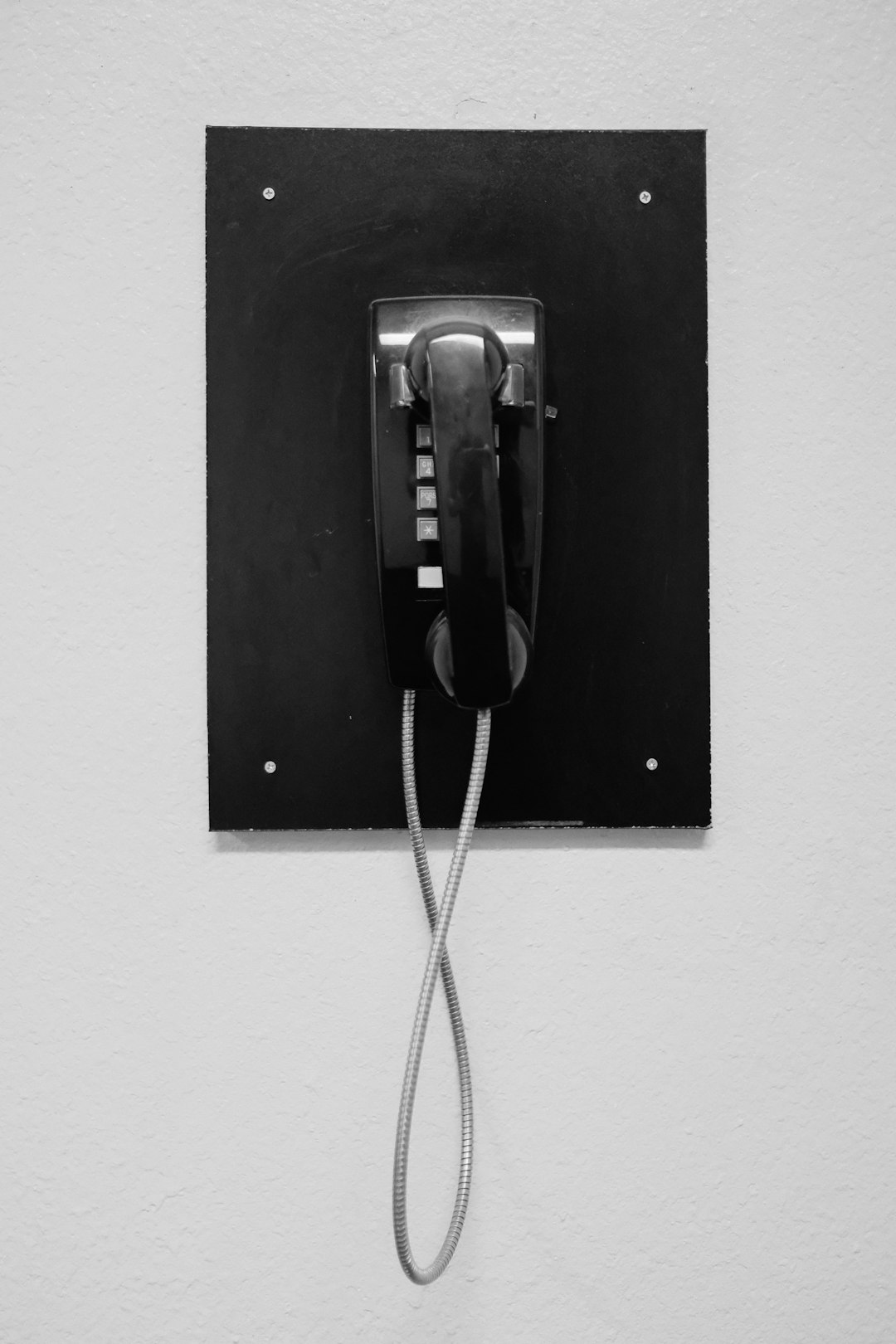Scam calls are a growing problem in Williamsport, Pennsylvania, where fake lawyers and entities target vulnerable residents. Pennsylvania's Do Not Call laws offer protection, but individuals should stay vigilant. Tools like the state registry, call-blocking apps, and consulting Do Not Call Lawyers Pennsylvania can help combat these scams. Remember to verify unknown callers, register for the National Do Not Call Registry, and be cautious online to safeguard against potential fraud.
Staying protected from scam calls is a vital concern for residents of Williamsport, Pennsylvania. These deceptive calls can be frequent and damaging. Understanding the tactics used by scammers is the first step towards safeguarding your personal information. This article guides you through the legal rights available in PA, offering practical tips to combat these unwanted calls. Learn how to shield yourself from scam artists, ensuring peace of mind with expert advice tailored for Williamsport residents, including strategies to minimize the risk of becoming a victim and when to involve Do Not Call Lawyers Pennsylvania.
Understanding Scam Calls and Their Prevalence in Williamsport, PA

In Williamsport, Pennsylvania, as in many parts of the country, scam calls have become increasingly prevalent. These deceptive phone calls often originate from fake Do Not Call lawyers or other fraudulent entities aiming to exploit vulnerable individuals. They may pose as legal representatives, claiming to represent a relative or friend, or threaten legal action over non-existent issues. Scammers use various tactics, including impersonation, urgency, and emotional manipulation, to pressure victims into providing personal or financial information.
The abundance of scam calls in Williamsport highlights the importance of awareness and protection. Residents are advised to be cautious when receiving unexpected phone calls, especially those demanding immediate action or threatening consequences. Pennsylvania’s Do Not Call laws offer some respite, but staying informed and implementing precautions, like registering on national Do Not Call lists and using call-blocking apps, remain crucial steps in safeguarding against these persistent and insidious scams.
Legal Rights and Protections Against Scam Calls in Pennsylvania

In Pennsylvania, residents have certain legal rights and protections against scam calls. The state has enacted laws to curb unwanted telephone solicitations, including those from telemarketers and fraudsters. One key protection is the Do Not Call Registry, which allows individuals to register their phone numbers to prevent receiving marketing calls.
Additionally, Do Not Call Lawyers Pennsylvania play a crucial role in assisting residents in dealing with scam calls. These legal professionals can help protect consumers by filing complaints against violators, providing guidance on blocking unwanted calls, and even pursuing legal action if necessary. Understanding your rights and involving the proper authorities is essential in combating the nuisance and potential dangers posed by scam calls.
Practical Steps to Shield Yourself From Scam Calls in Williamsport, PA

Protecting yourself from scam calls is a proactive step towards ensuring your safety and peace of mind, especially in areas like Williamsport, Pennsylvania where such incidents are on the rise. The first line of defense is to understand that no legitimate organization or individual will ask for immediate payment over the phone or threaten severe consequences. If you receive a call claiming to be from a Do Not Call lawyer in Pennsylvania or any other authority, hang up immediately and verify the caller’s identity through official channels.
You can further safeguard yourself by registering for the National Do Not Call Registry, which limits the number of marketing calls you receive. Additionally, consider using call-blocking apps or software designed to identify and block scam calls. Regularly updating your phone’s security settings and being cautious when sharing personal information online are also effective strategies to shield yourself from potential scams.






